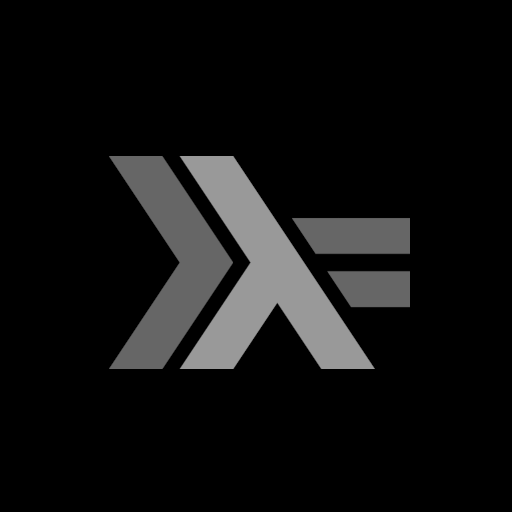

Plaid effectively admitted to stealing your transaction history and selling it to the highest bidder in the past. There was a settlement and they agreed to not to that in the future
Just don’t ever share your password, and certainly not your banking password, and definitely not with Plaid.


















QI said he and his team used several conditioning methods, but none of them were actually ringing a bell.